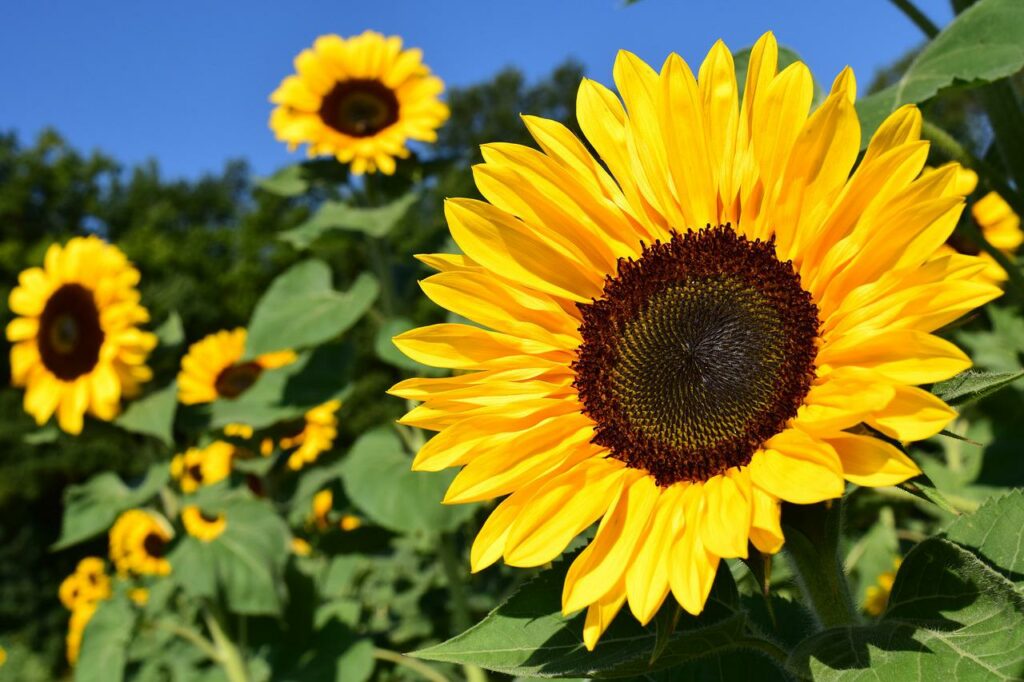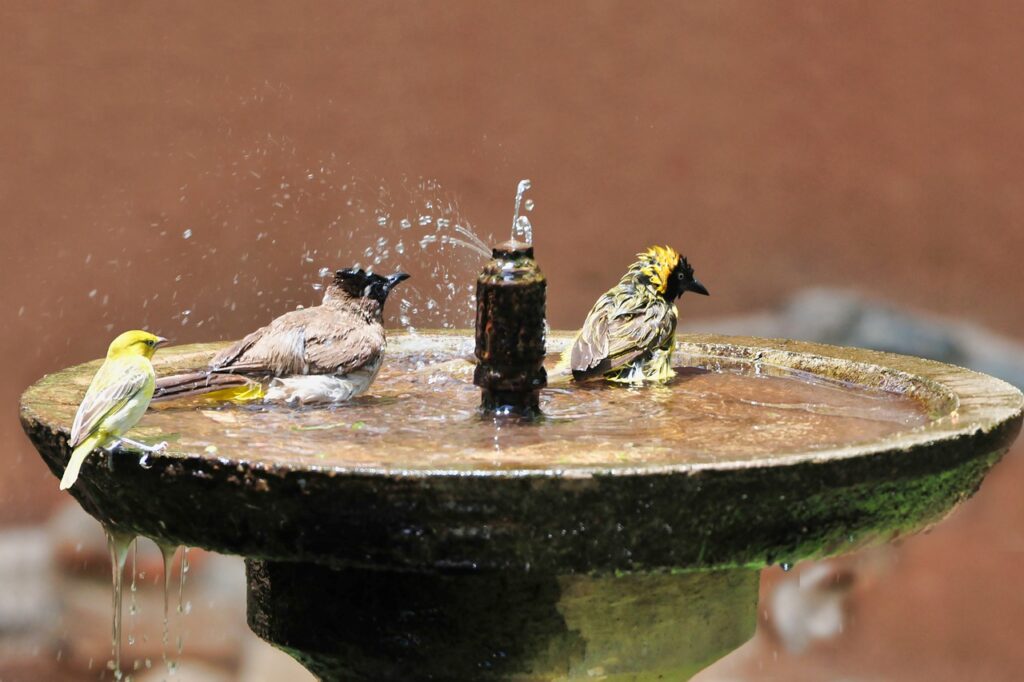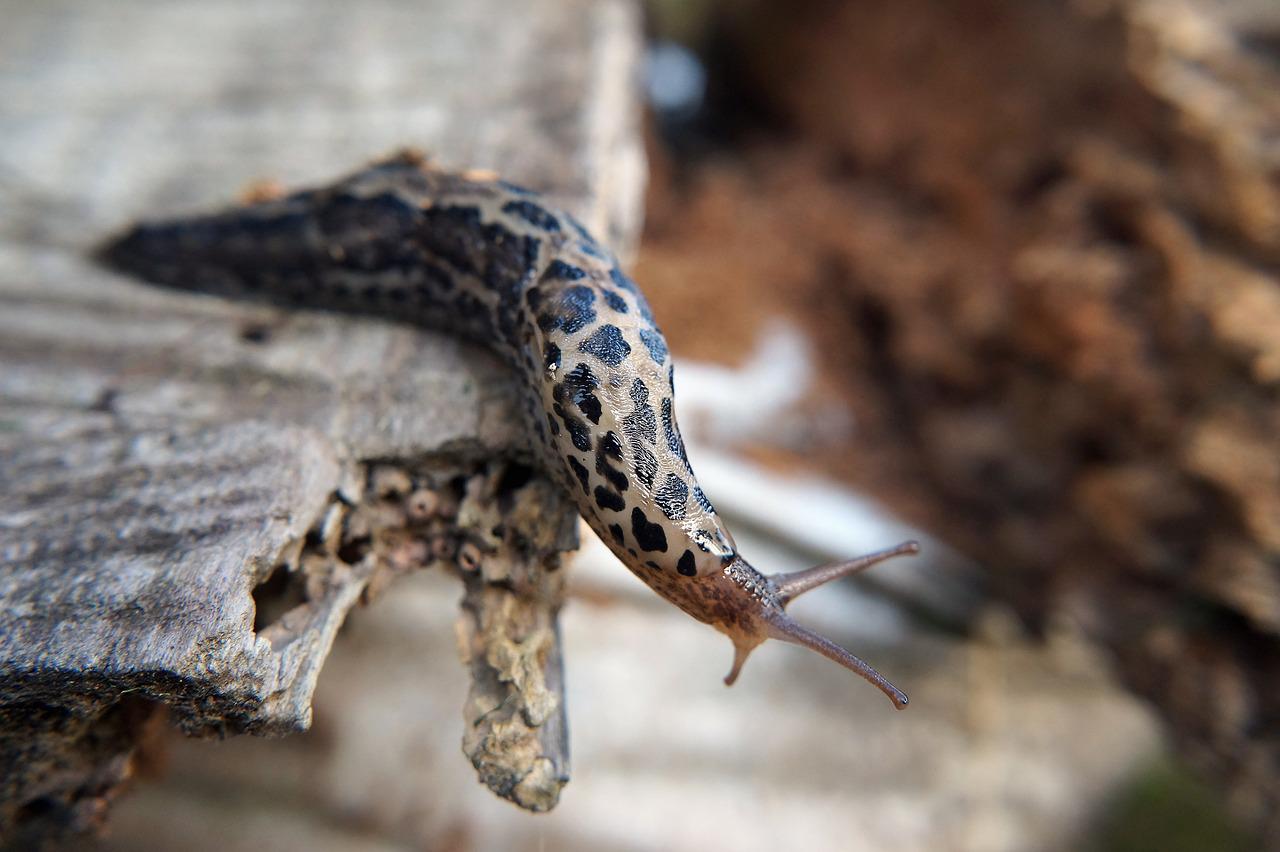Slugs are considered garden pests because of the damage they can do to your plants. They will eat pretty much anything in your garden — from leaves and stems to fruits and vegetables. But getting rid of garden slugs can be tricky. They are not insects that you can kill by just buying and spraying insecticides. Slugs are mollusks, and they require a different set of pest control methods.
Natural approaches are nice because they minimize the risk associated with pesticides that may have harmful ingredients. Here are some of the most effective ways to get rid of garden slugs naturally.
Why you have slugs in your garden
First, it’s important to know why you have garden slugs in the first place. If you can deal with these reasons, you can naturally get rid of slugs.
- Your garden is always damp. Your gardening habits may be indirectly attracting slugs. These slimy pests like moist areas, especially because they dry out quickly. If you water your plants too often and your garden soil is always wet, you are at an increased risk of slug infestations.
- You grow plants that naturally attract slugs. Slugs are not out there just to be the bane of your existence. They mind their own business just like you. But they can naturally get into your property without intending to be such a pain if there are slug attractors in your garden. Slugs are particularly attracted to certain flowers and herbs like basils, dandelions, marigolds, parsley, and sunflowers. They are also particularly attracted to certain fruits and vegetables like cabbages, celeries, pumpkins, and strawberries.
- Your home’s exterior lacks biodiversity. Biodiversity outside your home is great. It prevents one species from taking over because other creatures are there to keep them in check. They are all basically competing with each other. But if there is no competition, one species, like slugs in this instance, can thrive. Avoid using too many insecticides in your garden and let insects and other living creatures come and go.

How to get rid of garden slugs naturally
1. Manually remove slugs
You can’t get any more natural than removing slugs manually. The only things you will need are your hands, a pair of gloves, headlamps, and possibly a bucket of soapy water. Slugs are more active at night, so use the headlamps to navigate the outside of your home. Look at their common hiding spots, such as cool and shaded areas like in mulch or under plant debris.
You can drop them in a bucket of soapy water to kill them. But you can also just release them back into the wild. Slugs are not that bad after all. They have a place in nature, especially when it comes to providing food to birds and other animals.
2. Bait them with trap crops
The idea of trap crops is simple — you plant flowers and herbs that naturally attract slugs. These plants serve as baits and sacrifices. Basically, you “sacrifice” these plants by letting them attract slugs in their vicinity, so the rest of the plants in your garden become safe from these pests. Of all slug attractors, basils and marigolds are some of the most potent.
The best place to put trap crops is on the edge of your garden. They can serve as a barrier — a natural protection against slugs. By using trap crops, you can also concentrate your slug control methods on a very specific part of your garden, making slug infestations more manageable.
3. Set up beer traps (seriously)
Beer traps are another kind of trap you can use. Yes, beer traps are exactly what they sound like. You use yeasty beer to attract slugs and then kill them. Obviously, this is not the most humane method, but it works.
Simply put beer in an open can and bury the can in your garden soil until only a few centimeters are visible. Slugs will be attracted to the yeast in the beer and dive into the can where they die. Another problem with this method is that it can kill other creatures in your garden, including beneficial insects. But if the slug problem is bad enough, it’s worth a shot.
4. A prickly barrier will put slugs off
Slugs are soft-bodied, so prickly ‘sharp-edged’ items are a definite no-no for these slimy, soft-bodied beasts. Simply sprinkle these sharp-edged items around your plants to deter the slugs. They wouldn’t even dare go through the natural barrier you have created. Some of the most effective materials you can use for your prickly barrier are coffee grounds, crushed eggshells, diatomaceous earth, and sand.
However, many gardeners are not a fan of this method. The sharp-edged items become ineffective when they become wet. And your garden becomes wet pretty consistently because you water your plants regularly.
5. Introduce plants that slugs hate
Yes, you can introduce plants that slugs love to sacrifice the plants and keep the rest of your garden safe. But you can also try a different approach — introduce plants that slugs hate instead. There won’t be a sacrifice play. There will only be slugs turning around and looking for a different place to bother.
Slugs don’t like scented plants like begonias, lavenders, rosemaries, and sages.
6. Let natural slug predators thrive in your garden
Another way to get rid of garden slugs naturally is to just let nature do its thing. Slugs are already a naturally good food source for various animals. If you can attract these animals, you will basically have natural pest controllers. And they will do pest control for free.
Some of these animals are birds, chickens, ducks, frogs, and salamanders. Birds are probably your best bet. You can attract birds to your home’s exterior by installing bird baths and putting up bird feeders. But be careful because unmaintained bird baths can be home to mosquitoes and bird feeders can attract squirrels.

There are natural ways to get rid of slugs
You can get rid of garden slugs naturally. It all starts with your gardening habits. Avoid watering your plants too much, planting flowers that may attract slugs, or bombing your garden with pesticides consistently.
If you want to actively get rid of these garden pests, there are multiple approaches you can take. You can take the manual approach by removing them with your hands or trapping them. And you can take the pseudo-automatic approach by letting nature do the work. Introduce plants that slugs hate and let natural slug predators come and go in your garden.

